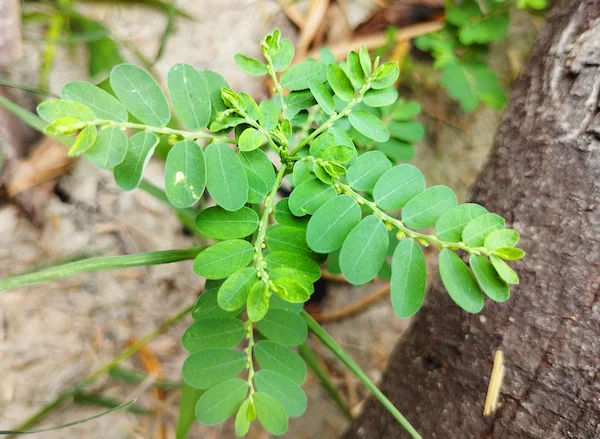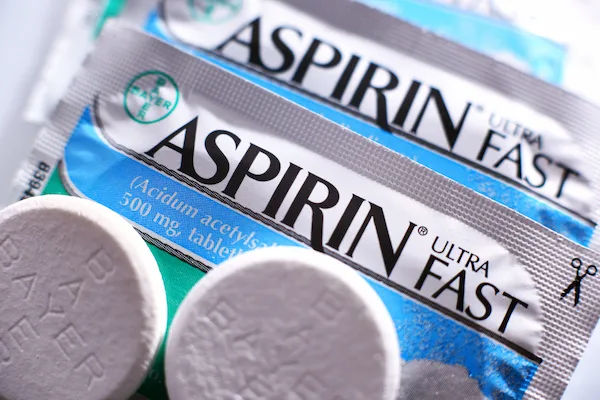Health Tips for Monsoon Season
Explore essential health tips for the monsoon season to prevent infections, boost immunity, and stay safe. Learn how to enjoy the rains while protecting your well-being.

Written by Dr. Vasanthasree Nair
Reviewed by Dr. J T Hema Pratima MBBS, Fellowship in Diabetes Mellitus
Last updated on 13th Jan, 2026

The monsoon season brings relief from the scorching summer heat, but it also brings along a host of health challenges. The increased humidity, waterlogging, and fluctuating temperatures create a breeding ground for infections and diseases. However, with a few simple precautions, you can enjoy the rains while staying healthy.
Common Monsoon Health Problems
During the monsoon, the risk of infections and illnesses increases due to contaminated water, mosquitoes, and damp surroundings. Some common health concerns include:
1. Waterborne Diseases – Cholera, typhoid, and hepatitis A due to contaminated water.
2. Mosquito-Borne Diseases – Dengue, malaria, and chikungunya.
3. Respiratory Infections – Cold, flu, and allergies due to dampness.
4. Digestive Issues – Food poisoning, diarrhea, and stomach infections.
5. Skin Infections – Fungal infections like ringworm and athlete’s foot.
Consult a Top Specialist
Essential Health Tips for Monsoon
Below are the essential health tips for monsoon,
1. Drink Safe Water
Always drink boiled or filtered water to avoid waterborne diseases.
Carry your own water bottle when traveling.
Avoid roadside juices or ice from unreliable sources.
2. Eat Fresh and Hygienic Food
Consume freshly cooked meals and avoid raw or street food.
Wash fruits and vegetables thoroughly before eating.
Avoid pre-cut fruits or salads from outside.
3. Boost Your Immunity
Include immunity-boosting foods like citrus fruits, ginger, garlic, and turmeric in your diet.
Stay hydrated with herbal teas, soups, and warm water.
Take vitamin C supplements if needed (consult a doctor first).
4. Protect Yourself from Mosquitoes
Use mosquito repellents and nets to prevent dengue and malaria.
Wear full-sleeved clothes to avoid mosquito bites.
Keep your surroundings clean and avoid stagnant water.
5. Maintain Personal Hygiene
Wash hands frequently with soap, especially before eating.
Keep your feet dry to prevent fungal infections.
Change wet clothes immediately to avoid skin infections.
6. Stay Active but Avoid Overexertion
Light exercises like yoga or indoor workouts can keep you fit.
Avoid walking in dirty rainwater to prevent infections.
7. Manage Respiratory Health
Keep your home well-ventilated to prevent mold growth.
Use a mask if you have allergies or asthma.
Steam inhalation with eucalyptus oil can help clear congestion.
8. Be Cautious with Footwear
Avoid walking barefoot to prevent fungal infections.
Wear waterproof shoes or sandals to keep feet dry.
When to See a Doctor?
If you experience:
High fever, body aches, or fatigue (possible dengue/malaria).
Severe diarrhea or vomiting (signs of food poisoning).
Persistent cough or breathing difficulty (respiratory infection).
Don’t ignore symptoms early treatment prevents complications.
Final Thoughts
The monsoon season can be enjoyable if you take the right precautions. By maintaining hygiene, eating clean, and protecting yourself from infections, you can stay healthy and enjoy the rains worry-free.
Consult a Top Specialist
Consult a Top Specialist

Dr. Aakash Garg
Gastroenterology/gi Medicine Specialist
12 Years • MBBS, DNB (Medicine), DrNB (Gastroentrology).
Bilaspur
Apollo Hospitals Seepat Road, Bilaspur
(150+ Patients)

Dr Sujay P R
General Physician/ Internal Medicine Specialist
4 Years • MBBS
Bengaluru
Apollo Medical Center, Marathahalli, Bengaluru

Dr. Utsa Basu
Diabetologist
14 Years • MBBS , MD
Barasat
Diab-Eat-Ease, Barasat
(75+ Patients)

Dr. Khuda Baksh Nagur
General Physician/ Internal Medicine Specialist
11 Years • MBBS, MD (GENERAL MEDICINE), Certificate Programme clinicians in Diabetes Management
Bengaluru
Medwin multispeciality clinic, Bengaluru
(25+ Patients)

Dr. Tanzeem Shajahan
General Physician/ Internal Medicine Specialist
7 Years • MBBS, MD (General Medicine)
Bengaluru
Medwin multispeciality clinic, Bengaluru




